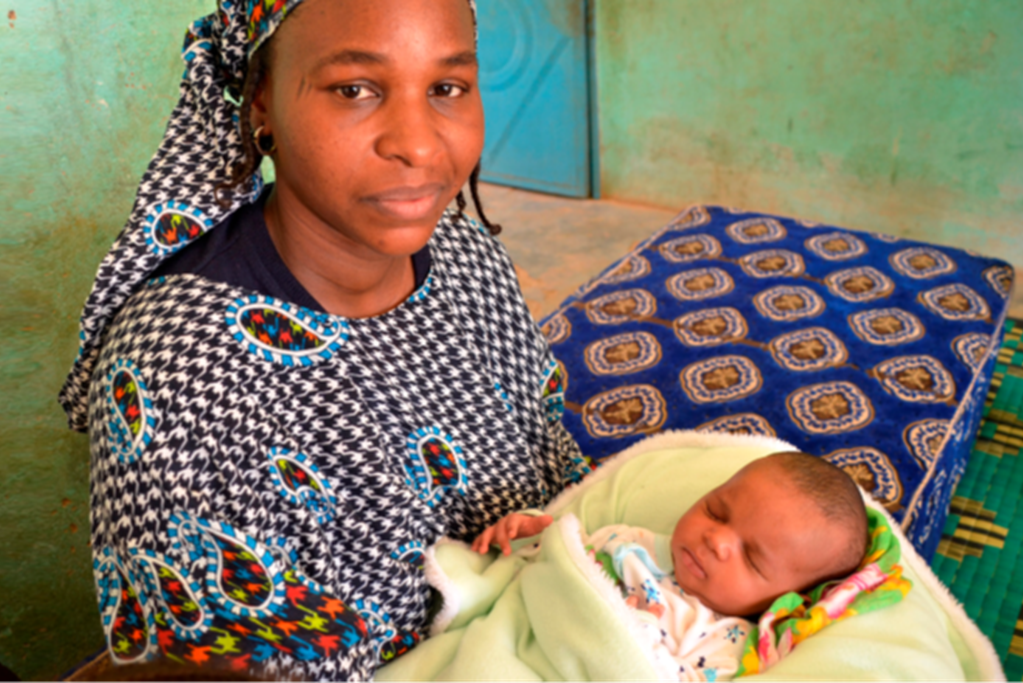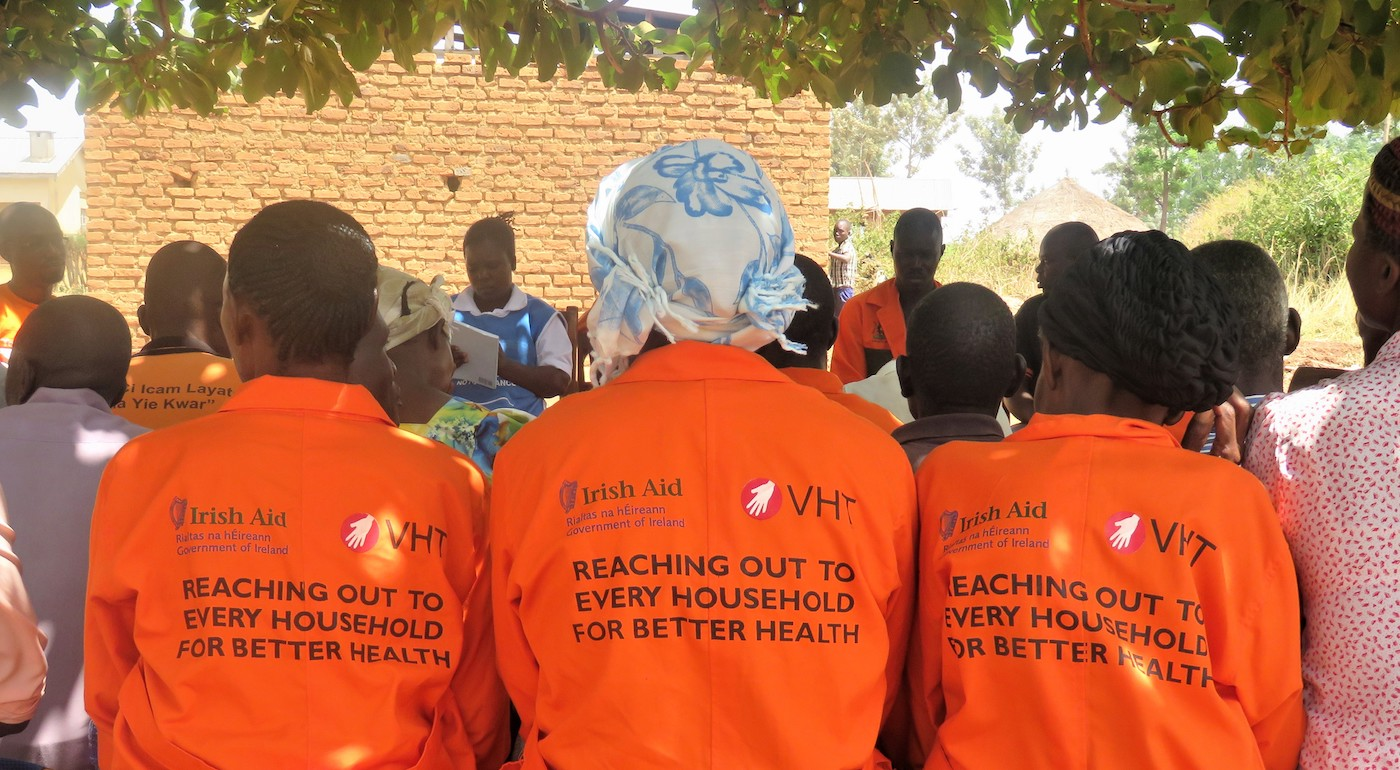What is AIM Health?
Every day, women die from preventable causes related to pregnancy and childbirth, Almost all these deaths occur in developing countries and most could be prevented. The number of women dying during pregnancy and the number of children dying before the age of five is decreasing. Over the past two decades, the maternal mortality ratio (MMR, number of maternal deaths per 100,000 live births) dropped significantly worldwide.
For over a decade, World Vision Ireland, with the support of Irish Aid, implemented its Access Infant and Maternal (AIM) Health in several countries across East and West Africa. The programme ran through two phases, and was being implemented in Mauritania, Sierra Leone, Tanzania and Uganda.
The Access to Infant and Maternal Health Plus Project (AIM Health Plus) was a community-based health and nutrition programme implemented by World Vision and supported by Irish Aid. The programme addressed the most common causes of preventable deaths during pregnancy, childbirth and early childhood in four sub-Saharan countries—Mauritania, Sierra Leone, Tanzania and Uganda. The project strongly supported community health worker (CHW) programming by strengthening their counselling skills, case tracking and reporting capabilities by equipping them with a digital health application that ran on Dimagi’s CommCare platform.
World Vision's Irish Aid funded maternal and child health programme (AIM Health Plus) was implemented in Uganda, Tanzania, Sierra Leone and Mauritania. The communities we worked with were dealing with the affects of climate change with prolonged droughts and unpredictable rainfall impacting their harvests, livelihoods and ability to feed their children.

In response to this, we are working closely with local Ministries of Health, Ministries of Agriculture, local partners and communities to:
- Train Community Health Workers to provide nutrition counselling to pregnant women, families and communities to improve their dietary intake.
- Support community groups, such as Mother Support Groups, Care Groups and Nutrition Counselling Groups, with the skills and knowledge to develop backyard gardens and grow a variety of drought-resistant fruits and vegetables for their families to eat.
- Provide farmers with the skills and tools to sustainably improve their agricultural yields.
- Organise cooking demonstrations to provide families with recipes and guidance on gaining the most from nutrient rich locally available food.
This is helping families to produce a wider variety of foods and provide their children with more nutritious meals every day.
Tools, methodologies and technologies
AIM Health Publications
- When an independent evaluation of the AIM Health project was conducted by FARST Africa, results indicated that the programme goal of reducing infant and maternal mortality rates by 20% was achieved to the desired level in most programme sites. You can read the AIM Health evaluation report here.
- Digital health brief: This report highlights AIM Health Plus’ digital health achievements and learnings through the programme’s closure in December 2022. These include CHW clients’ appreciation of several merits of the digital tool, a link between greater exposure to a CHW using the digital tool and positive health outcomes in Mauritania and Sierra Leone, and a wide range of learnings tied to budget and operations as well as partnering, interoperability, and scalability. Explore the digital health achievements and learnings of this multi-year, community-based health and nutrition programme in four African countries here.
